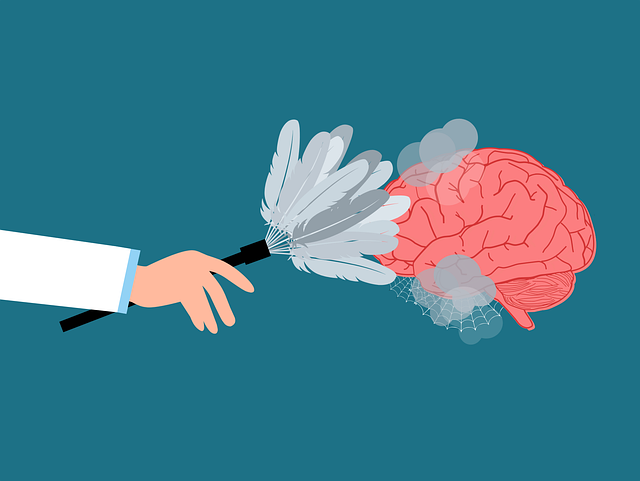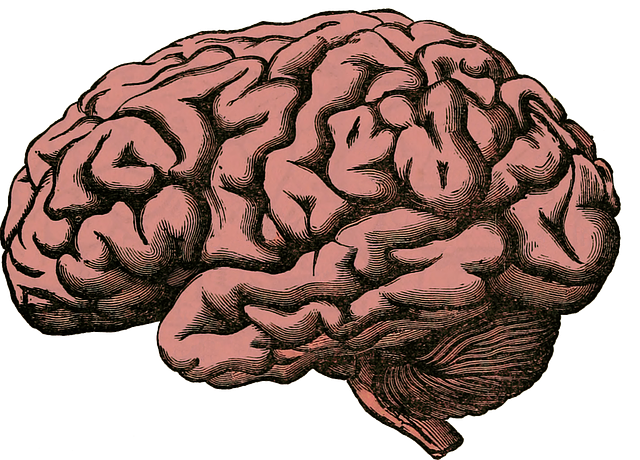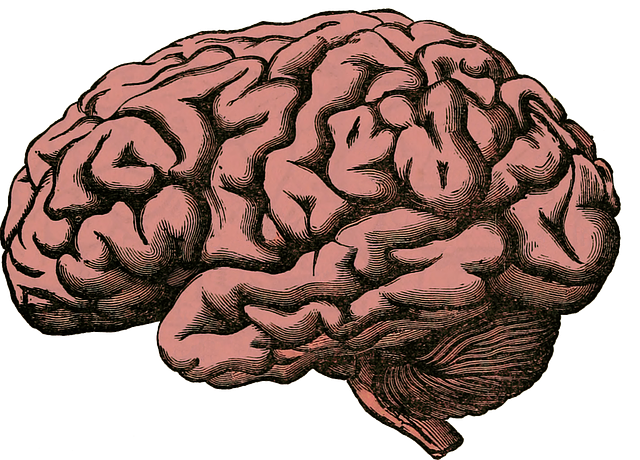Mental wellness is key for healthy relationships, especially addressing Parker Couples Communication Issues through therapy. Journaling, as a tool within this framework, encourages honest emotional expression and aids in identifying mental health risks early. A consistent journaling routine, with clear intentions and tailored prompts, enhances self-awareness and communication skills, fostering deeper connections and healthier dynamics. Despite challenges like burnout, journaling complements professional help by enabling individuals to track emotions, identify patterns, and improve communication in both personal relationships and therapy sessions.
“Unleash the transformative power of self-reflection through mental wellness journaling. In today’s fast-paced world, maintaining emotional balance is crucial for healthy relationships. This article explores how journaling can serve as a powerful therapy tool for couples facing communication issues, as highlighted by the Parker study. We’ll guide you through understanding mental wellness, its impact on relationships, and provide a step-by-step routine to enhance your connection while tackling common challenges together.”
- Understanding Mental Wellness and its Impact on Relationships
- The Power of Journaling as a Therapy Tool for Couples
- Creating a Journaling Routine: A Step-by-Step Guide for Effective Communication
- Overcoming Common Challenges in Journaling for Mental Wellness Improvement
Understanding Mental Wellness and its Impact on Relationships

Mental wellness is a crucial aspect of overall health that significantly influences our daily lives and relationships. When individuals struggle with mental health challenges, it can manifest in various ways, including changes in mood, behavior, and communication patterns. This often impacts close connections, such as those in romantic partnerships, where issues like Parker Couples Communication Problems may arise.
Effective therapy plays a pivotal role in addressing these concerns. Through self-awareness exercises and emotional regulation techniques, couples can enhance their understanding of each other’s experiences. By learning better communication strategies, they can navigate conflicts more constructively, improve connection, and ultimately foster a healthier relationship dynamic. This proactive approach to mental wellness management is key to strengthening bonds and creating a supportive environment for both individuals involved.
The Power of Journaling as a Therapy Tool for Couples

Journaling has emerged as a powerful tool within the realm of Parker Couples Communication Issues therapy, offering a unique and intimate way for partners to explore their emotional connections. By putting pen to paper, couples can unearth hidden feelings, gain new perspectives, and improve their overall communication skills. This therapeutic practice encourages honest expression, fostering an environment where sensitive topics can be addressed without fear of judgment.
In the context of a Community Outreach Program Implementation focused on mental wellness, journaling sessions facilitate a deeper understanding between partners. It allows them to articulate their thoughts and experiences, particularly during challenging times or when dealing with complex issues. This act of shared vulnerability can strengthen the bond between couples and serve as a foundation for effective Social Skills Training. Moreover, regular journaling practice may aid in identifying early warning signs of potential mental health risks, enabling prompt intervention and further supporting the couple’s journey towards improved communication and overall well-being.
Creating a Journaling Routine: A Step-by-Step Guide for Effective Communication

Creating a consistent journaling routine can be a powerful tool to improve communication and address couples’ communication issues in therapy. It provides a dedicated space for individuals to express their thoughts, feelings, and experiences, fostering self-awareness and reflection. Here’s a simple step-by-step guide to help you get started:
1. Set Clear Intentions: Begin by defining your purpose for journaling. Is it to track your emotions, explore creative writing, or simply vent? Setting clear intentions will make your routine more meaningful and focused. For couples in therapy, this could be a shared goal, such as improving understanding or enhancing empathy through regular expression of feelings.
2. Choose Your Journaling Method: Decide on the format that suits you best. It could be a physical notebook or a digital journal app. Some people prefer bullet journaling for its versatility, while others find stream-of-consciousness writing in a traditional notebook more therapeutic. Consider what feels comfortable and encourages your partner to engage too, especially if it’s part of your couples’ therapy journey.
3. Establish a Routine: Consistency is key. Set aside a specific time each day or week for journaling. It could be the quiet moments before bed or during a dedicated self-care routine development for better mental health. Make it a non-negotiable part of your schedule to ensure regularity, which is essential for cultivating compassion within yourself and your relationship.
4. Incorporate Creative Practices: Add elements that make journaling enjoyable and therapeutic. Try using prompts related to your therapy goals, such as “Describe a moment when you felt heard by your partner” or “Reflect on a recent argument and identify areas for growth.” Incorporating compassion cultivation practices into your journal can also help in processing traumatic experiences and supporting each other through the healing process, possibly with the guidance of trauma support services.
5. Set Realistic Expectations: Remember that journaling is a personal practice, and progress takes time. Avoid putting pressure on yourself or your partner to write extensively every day. Instead, focus on making it a sustainable habit where you can openly share and learn from each other’s perspectives in the comfort of your Parker couples communication therapy sessions.
Overcoming Common Challenges in Journaling for Mental Wellness Improvement

Journaling for mental wellness improvement can be a transformative practice, but it’s not without its challenges. Many individuals, especially those dealing with communication issues in relationships or undergoing therapy, may find it difficult to begin or maintain a consistent journaling routine. One common hurdle is burnout prevention; the pressure to write deeply personal thoughts daily can lead to exhaustion if not approached mindfully. To overcome this, it’s essential to set realistic goals and understand that journaling is a flexible practice—some days will be more reflective than others.
Additionally, those in therapy might confront specific challenges. For instance, Parker couples communication issues may make it hard for partners to share vulnerable thoughts together. However, individual journaling can complement therapy by providing a safe space for self-exploration and reflection. Incorporating self-awareness exercises into your journaling routine can help you identify patterns, triggers, and feelings, enhancing your ability to communicate effectively with your partner or therapist.
Mental wellness journaling can be a powerful tool for couples seeking to improve their relationships and communication. By understanding the impact of mental health on connections, leveraging the therapeutic benefits of writing, and following structured guides like Parker’s step-by-step routine, partners can navigate challenges together and foster growth. Overcoming common hurdles, such as initial resistance or lack of consistency, is achievable with dedication and the support of this evidence-based practice. Journaling becomes a shared experience, enhancing intimacy and strengthening the bond between individuals committed to their mental wellness journey.














